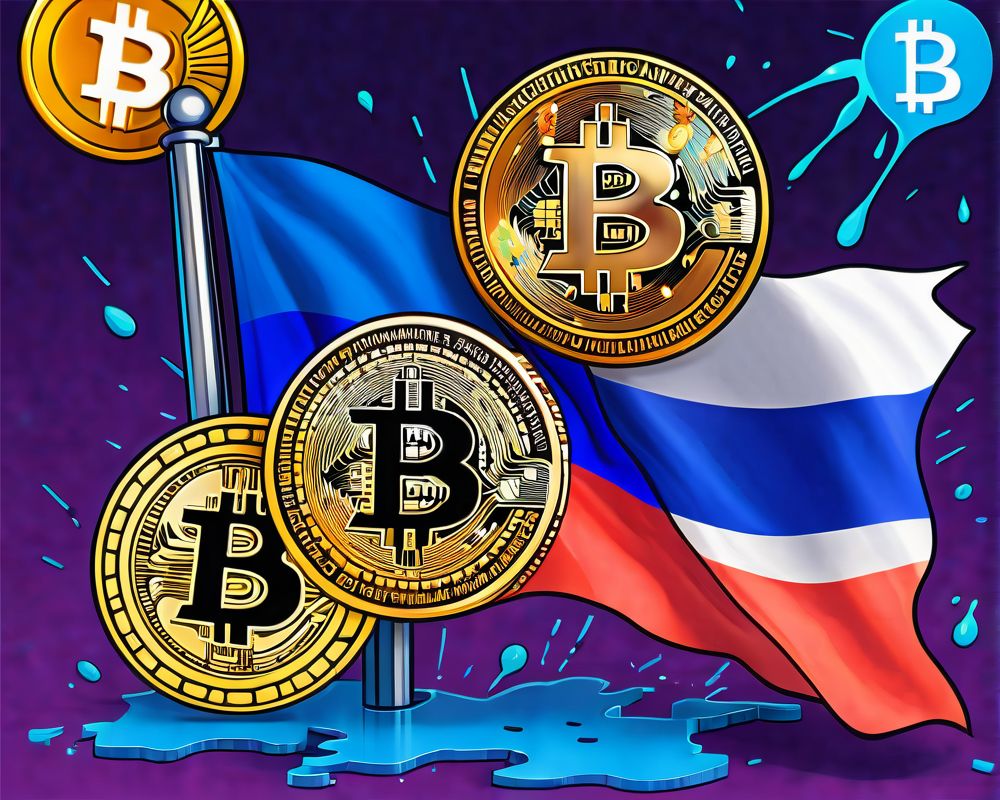Changing Tides: Cryptocurrency in Russia
In a surprising twist, Ksenia Yudaeva, the First Deputy Governor of the Russian Central Bank, announced that the institution is now open to using cryptocurrency for international payments. It seems the bank is experiencing an epiphany, talking a big game about embracing digital assets, a move that many speculate is a political concession amid economic sanctions.
A Shift in Mining Regulations
Yudaeva didn’t stop at just international payments; she also hinted at a softer stance on crypto mining. “We have changed our position on mining, and also permit the use of cryptocurrency in foreign trade and outside the country,” she affirmed. It appears the times, they are a-changin’—or at least warming up—when it comes to crypto in the motherland.
Legislative Backdrop
This pivot aligns with the unveiling of the draft law “On Digital Currency” by the Finance Ministry at a recent discussion hosted by the United Russia Party. This gathering had lawmakers like Anton Gorelkin expressing the urgent need for engagement from the central bank regarding digital currency regulations.
A New Era of Trade?
The inclusion of provisions allowing international trade in cryptocurrency represents a significant innovation, according to Economic Development Ministry official, Anatoly Dyubanov. It’s a bit like sprinkling chocolate chips on a pancake; it makes everything more appealing!
Public Sentiment and Government Dynamics
Interestingly, Russia’s government has historically been wary of cryptocurrencies, going as far to propose outright bans on mining in January. President Vladimir Putin himself previously dismissed the notion of using crypto for oil trading, stating, “It’s too early to talk about it.” It seems the new sanctions hanging over Russia like a dark cloud have catalyzed a more open approach to the world of crypto.
The Sanction Puzzle
But let’s be real—Russia’s motivations for venturing into international cryptocurrency use remain a bit murky. As it stands, nimble digital assets do little to affect the broad brush of sanctions in place against the country. In short, while the central bank’s embrace of cryptocurrency could be seen as a savvy move, it does raise eyebrows over how this will all unfold in the international arena without stepping on the proverbial toes of sanction-imposing entities.
Conclusion
Whether this newfound embrace of cryptocurrencies will alter the financial landscape in Russia or simply serve as political theater remains to be seen. For now, those interested in the future of crypto in Russia should keep a close eye on both legislative developments and reactions from global regulators. Who knows? This could be a gamble worth watching, or it may just be another twist in the ever-complex tale of Russian finance.




